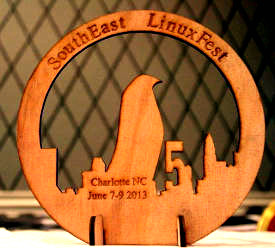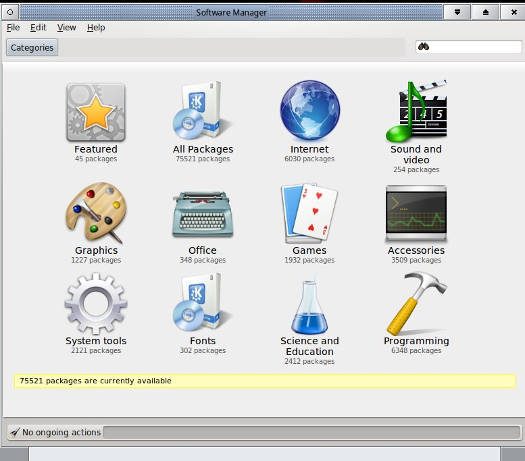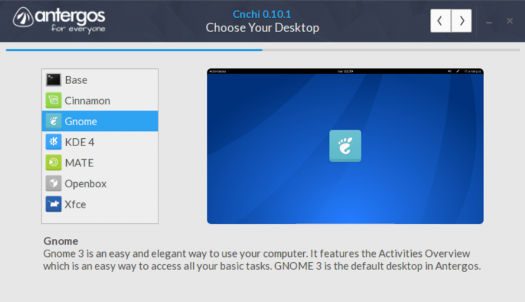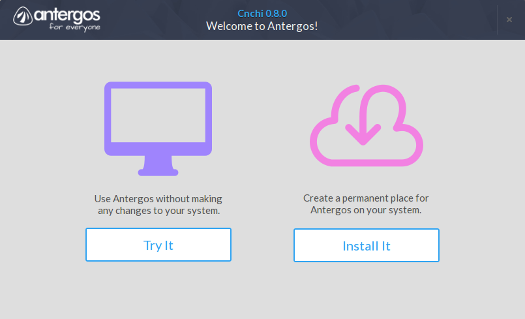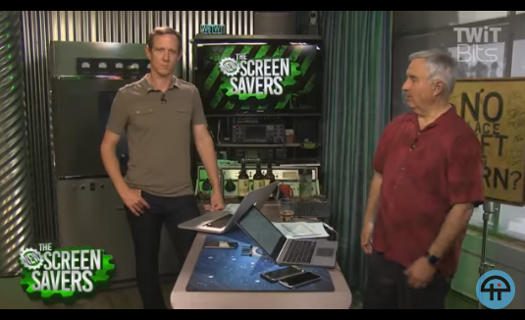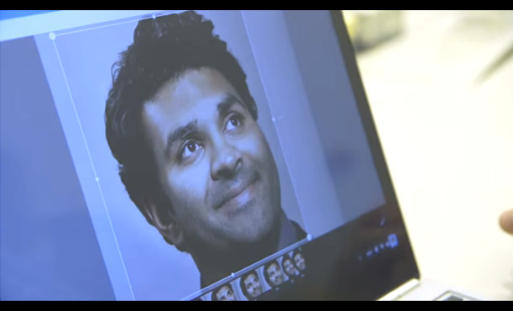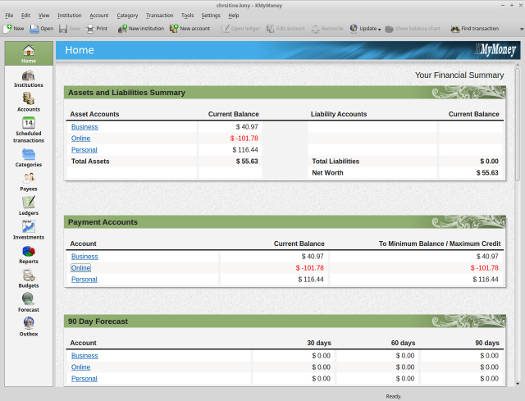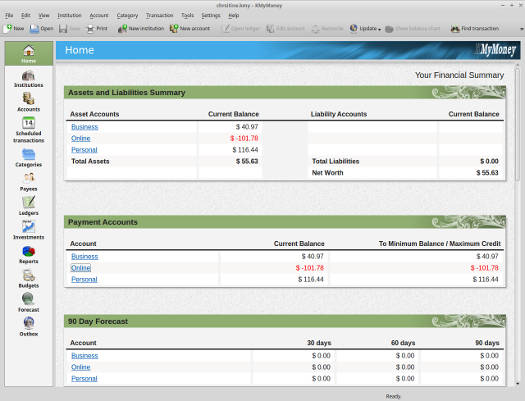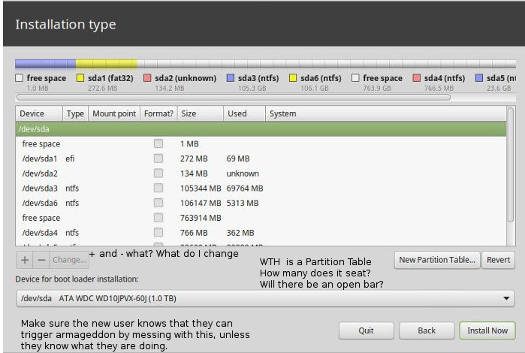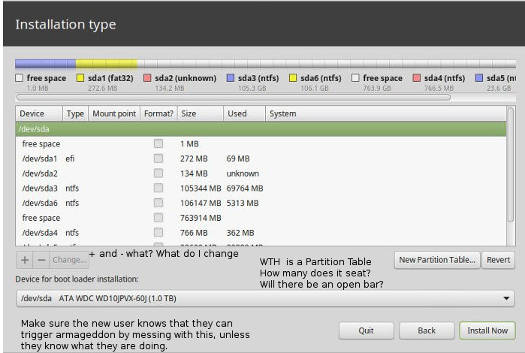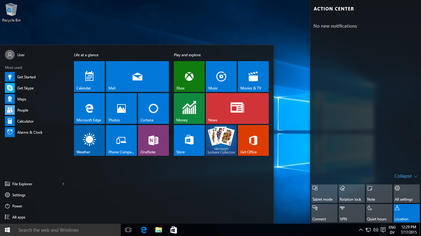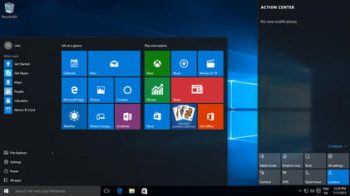There’s a component to the SouthEast LinuxFest that’s not seen at most other free and open source conferences, as the conference seeks to celebrate not only FOSS, but Southern culture as well.
The SouthEast LinuxFest is the conference that dares to be different. That’s because along with “Linux” and “FOSS,” “hospitality” is always a keyword at SELF, which will get cranked up next Friday, June 10. Hospitality — as in the “bless your heart” version known as “southern hospitality” — is sure to be on full display. That’s a given.
I point this out not for the benefit of good ol’ boy or girl FOSSers who call the Southeast home — ’cause y’all already know — but for those who live outside the area who might not be aware that SELF allows attendees the chance to not only be immersed in the culture of free and open source software, but in the culture of the New South as well.
The folks at SELF like to call this mixture of free tech with southern culture the “Gnu South.” Clever, eh? And to make sure that everybody has the opportunity to get some learnin’ about all things southern, the team behind the event always includes some southern fried extras to help you experience some of our culture while you’re here.
Christine Hall has been a journalist since 1971. In 2001, she began writing a weekly consumer computer column and started covering Linux and FOSS in 2002 after making the switch to GNU/Linux. Follow her on Twitter: @BrideOfLinux

